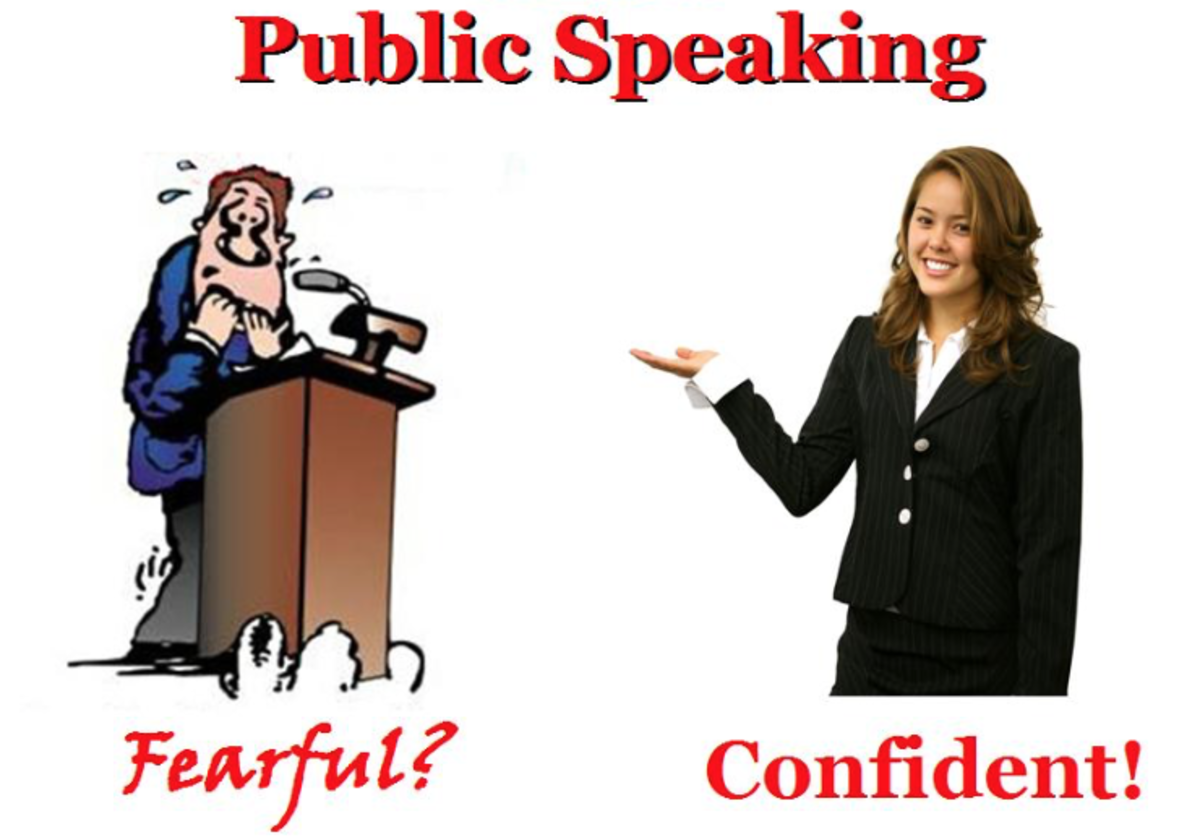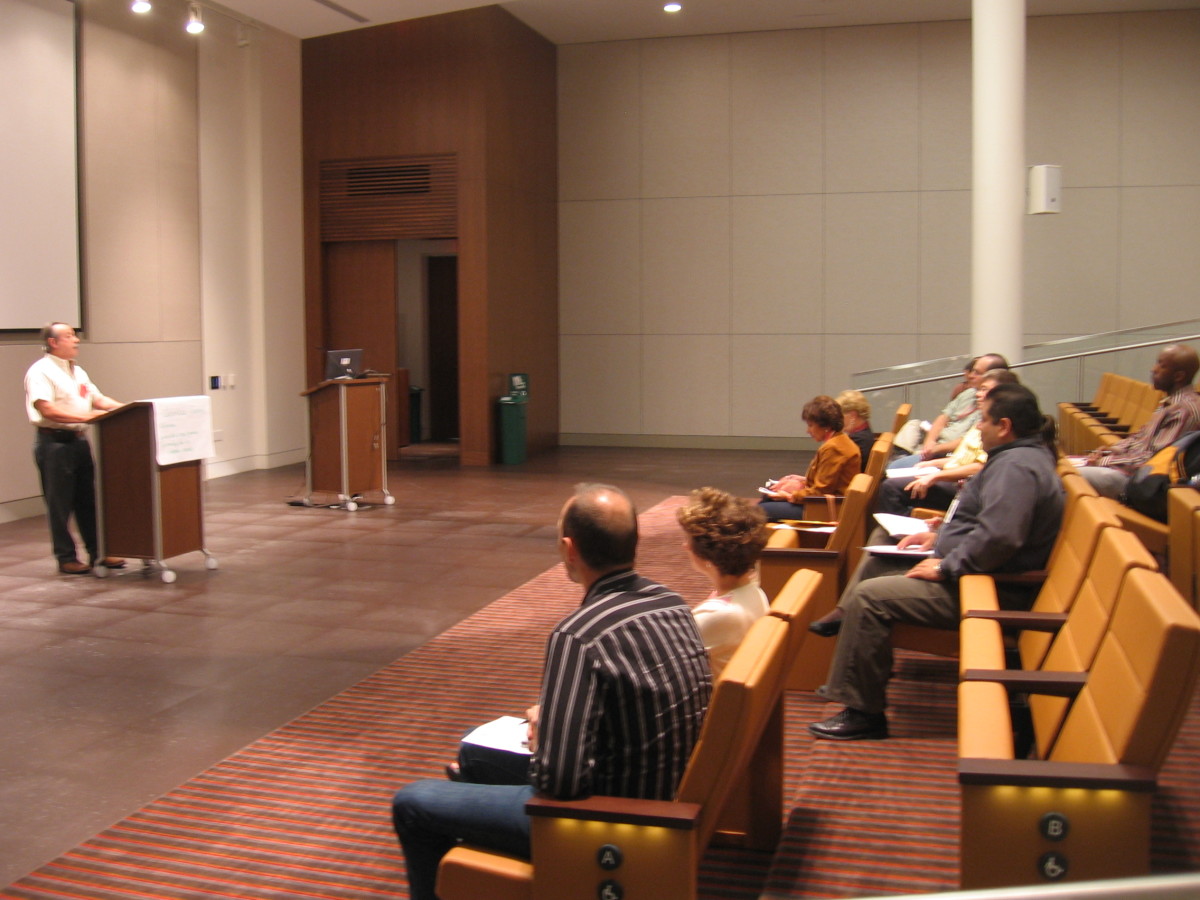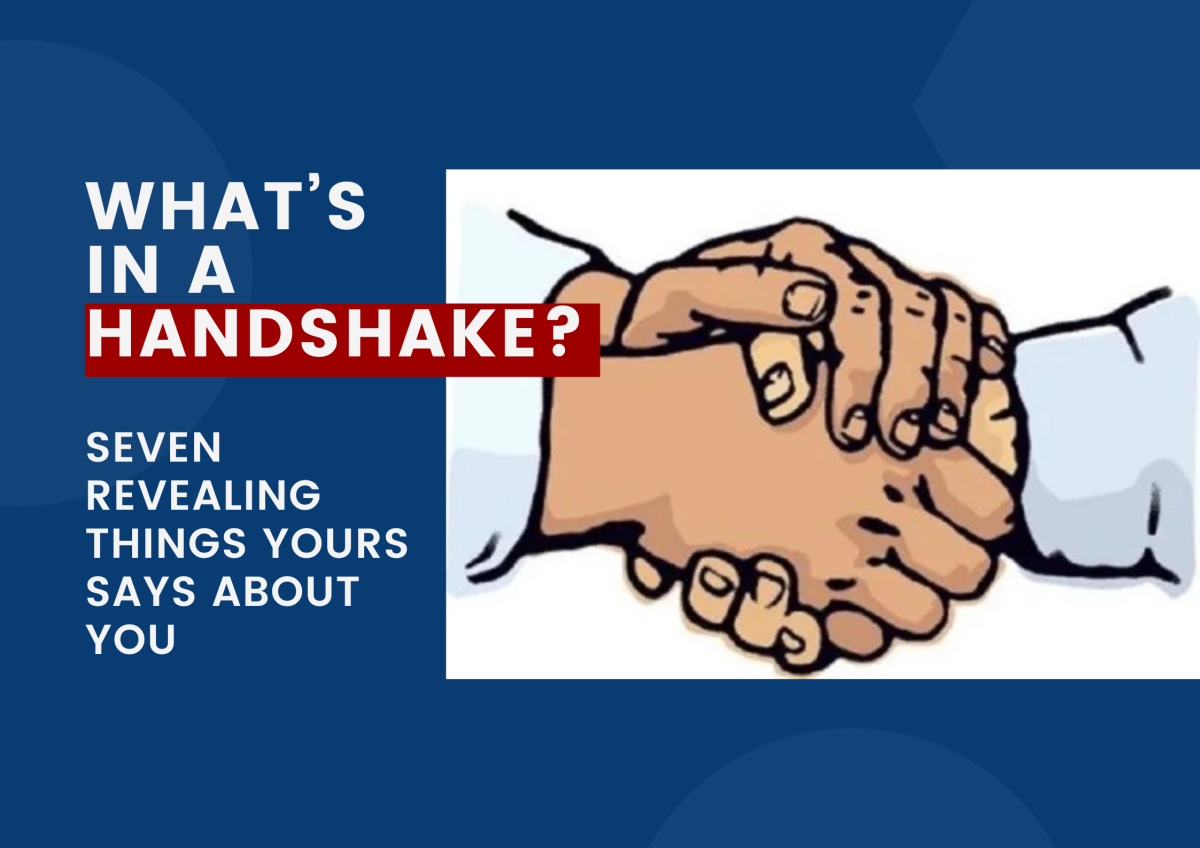The Single Best-Kept Secret of Public Speaking

Can you keep a secret?
Yes, I could just tell you. But I won't. Not yet.
First, we will walk through a short scenario that I'm sure you've all been in a number of times. Imagine you are back at school, and one of your classmates, we'll call him young Jacques, is up delivering his speech. All of a sudden young Jacques begins to stutter and lose his place. The faces of the classroom (which had hitherto been blank), begin to light up with expressions of uncertainty and mild concern. After a few more awkward attempts at recovering his speech, young Jacques wraps up and hastens back to his seat.
The mood in the room is tense, because everyone knows (but no-one wants to say) that young Jacques could have done better. Then the next person gets up, and the room is filled with a new hope. Note that I am not refering to the Star Wars film, but rather to the subtle pleading of the audience that the new speaker do better than his predecessor.
"A good teacher must first hold his audience's attention before he can teach his lesson."
|
|---|
~ John Henrik Clarke
|
The Best-Kept Secret
And it is here that we find what we have been waiting for. The best-kept secret of public speaking is that the audience wants the speaker to do well. Some will know this as 'audience empathy,' or the capacity of the audience to put themselves in the speaker's shoes. In the same way that the classmates in the anecdotal example above felt the failure of young Jacques, so to do audiences everywhere share the subtle stumbles and successes of a speaker.
So if ever you find yourself under the impression that audiences are scary beasts created for the sole purpose of eating away at your confidence, fear not. Just think back to the classroom, and be comforted by the knowledge that the audience understands nerves and pre-speech jitters, and remember also that if you are an extraordinary speaker (as we are sure you will be, thanks to all your brilliant preparation), they will respond accordingly.
If you were in the audience, what would you be thinking?

Using This To Your Advantage
We know that an audience wants a speaker to do well. But how can we use this knowledge to connect with our audience and distinguish ourselves from other speakers? How can we be sure that our message, business idea or sales pitch will be remembered? It is really quite simple; a speaker must do well. Despite the transparent appearance of this solution, you must realise that if you deliver your speech in an articulate, enthusiastic and passionate manner, your audience will have little choice but to think you are an extraordinary speaker. If the idea of 'doing well' is a bit to general for your taste (and I can't say I blame you) I have compiled a list of specific things you can do to help you impress your audience and really get your message across.

I find speaking in public to be...
5 Easy Ways to Improve Your Speech
1. Outline what you will say before you say it. If you have ever listened to a speaker do this, you will know that it effectively sets up a basic framework in the listener's mind, which the speaker can then fill in with subsequent points. If you are delivering an informative speech, this is easy -simply outline the points you are making which support your thesis (argument), idea or purpose. Other speech types (Persuasive, monologue, sale pitch or lecture for example) which may occur in school assignments or real life will require a more creative approach. Try using a general statement which encompasses your throughline before proceeding with the body of your speech.
2. Use Pauses! The meaning of this is twofold. You have probably been told ad nauseum that you should punctuate your speech with pauses. But using a pause may well be a new concept. To use a pause, you must fill the silence created when you stop talking with other things, otherwise you can easily lose your audience. Some examples of what to fill a pause with are; eye contact that slowly moves through the audience, movement (like walking across the stage or standing up. On that note, never sit down midway through a speech as it diminishes your credibility as a speaker), facial expressions (especially ones which come on slowly, like a subtly excited smile), a calming breath that settles the audience or even to close your eyes for a moment to hold the audience in suspense. Remember that these are simply examples, and you can use a pause in any way you choose!
3. Familiarise! The first thing you should always do with a new speech is read it through aloud 5-10 times each day for a few days in a row. This helps to solidify the structure and language of the speech in your mind. If you are memorising your speech (which we would always recommend you do), it is particularly important to get through this stage early.
4. Self-feedback. For this, you will either need to record yourself or speak in front of a mirror. The truth is that you will likely be the harshest judge you will have to face, so it is vital to use your own opinion of your delivery to improve.
5. Rehearse with a live audience. I hereby give you permission to coerce your friends, family and pets into listening to your speech (a number of times if need be) until you feel as comfortable with an audience as you would without. The reason we suggest this is that even the most prepared speaker can still be thrown off the first time they speak to a live audience.
Now, contrary to the popular idiom, more is in fact better when it comes to speech rehearsal. The more times you perform brilliantly at home, the less nervous you will be for the presentation! And whatever you do, make doing your best your trademark!
A Final Word
Whatever your topic and whoever your audience, always remember that whatever you put into your speech, both you and your audience will take out of it. If you really care about your topic, believe in your product or know that Shakespeare play inside out, you show that to your audience! Get up there and have fun, and they will have fun along with you. If you have any questions, leave a comment and I will do my best to answer. I wish you all the best!








